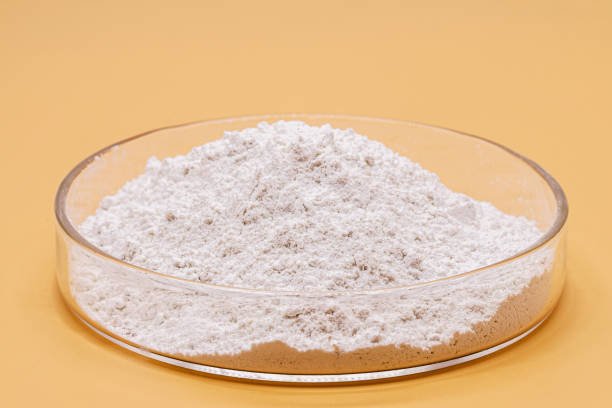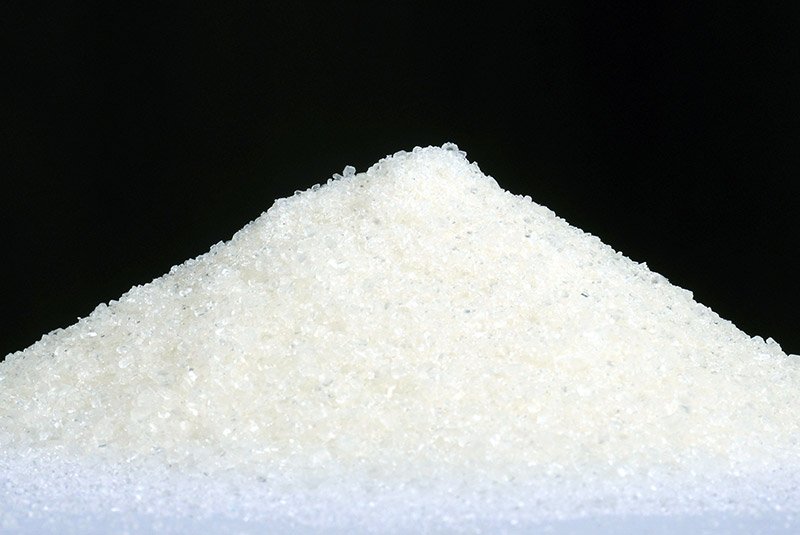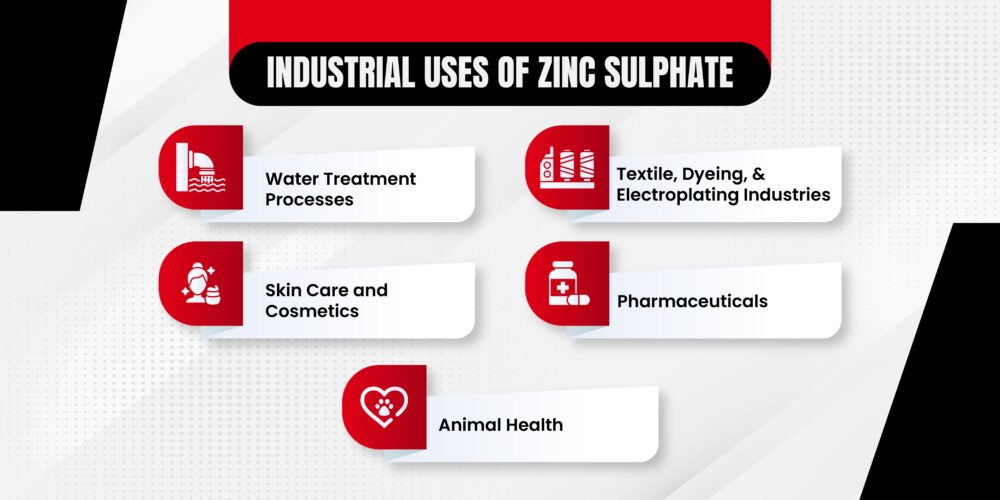The Versatile Uses of Zinc Sulphate in Industry
Zinc sulphate (ZnSO₄), a compound of zinc, sulphur, and oxygen, is an indispensable material across multiple industries. Its versatility stems from its water solubility, allowing easy release of zinc ions vital for numerous applications, from agriculture to pharmaceuticals and industrial processes.

What is Zinc Sulphate?
Zinc sulphate primarily exists in two forms: monohydrate (ZnSO₄·H₂O) and heptahydrate (ZnSO₄·7H₂O). While the monohydrate form is common in agricultural and dietary uses due to its high zinc concentration, the heptahydrate variant dominates industrial processes like water treatment, textile dyeing, and chemical manufacturing.
Key Industrial Applications of Zinc Sulphate
Water Treatment
Zinc sulphate plays a pivotal role in maintaining water quality, with applications spanning municipal, industrial, and environmental settings. Its properties make it indispensable for algae control, impurity removal, and system efficiency in water treatment processes.

- Algae Control and Microbial Inhibition
Zinc sulphate effectively inhibits the growth of algae and other microorganisms in water systems such as cooling towers, drinking water reservoirs, and fish ponds. Algal overgrowth not only compromises water quality but also clogs systems, reducing operational efficiency. By disrupting the metabolic functions of algae, zinc sulphate minimizes biofilm formation, which is crucial in preventing contamination and maintaining clean water pathways.
- Coagulation and Impurity Removal
A key feature of zinc sulphate is its ability to react with dissolved particles in water, facilitating their aggregation into larger particles that can be easily filtered out. This property enhances water clarity and purity, making it suitable for both industrial and municipal water purification systems. For instance, in wastewater treatment, zinc sulphate helps in removing heavy metals and organic contaminants by binding with them to form insoluble complexes.
- Cooling Towers and Industrial Systems
In industrial cooling towers, where water is recirculated, zinc sulphate prevents microbial fouling, a common issue caused by bacteria and algae. Its addition reduces the bio-corrosive effects of microbial activity, prolonging the life of equipment and maintaining thermal efficiency. Furthermore, its compatibility with other water treatment chemicals makes it an ideal component in complex treatment systems.
- Environmental Applications
Zinc sulphate also contributes to environmental conservation efforts. By treating polluted water bodies, it aids in restoring ecological balance. Its role in maintaining aquatic system health, particularly in reservoirs and irrigation channels, ensures sustainable water use in agriculture and other industries.
- Advanced Innovations in Water Treatment
Emerging technologies integrate zinc sulphate with nanomaterials to enhance its efficiency in targeting specific contaminants. For example, modified zinc compounds are being tested to selectively remove pharmaceuticals and pesticides from water sources, underscoring its potential in addressing modern environmental challenges.

Textile and Dyeing Industries
As a mordant, zinc sulphate binds dyes to textile fibers, ensuring vibrant and durable coloration. This property extends its utility to the paper industry, where it enhances surface properties for a uniform finish.
Electroplating
Zinc sulphate enables zinc coatings on metals, protecting against corrosion. Widely employed in automotive, construction, and electrical equipment manufacturing, it extends the life and functionality of metal products.
Chemical Manufacturing
Zinc sulphate contributes to producing other zinc compounds like pigments and catalysts. It is also essential in rayon manufacturing, aiding the coagulation of fibers.

Wood and Leather Preservation
Its antifungal and antibacterial properties make it a preservative for wood and leather, safeguarding against microbial degradation and environmental wear.
Agriculture
Zinc sulphate addresses soil micronutrient deficiencies, particularly zinc, critical for plant enzymatic processes. It supports crop yields and quality through soil additives and foliar sprays.

Expanding Roles in Pharmaceuticals and Nutrition
In the pharmaceutical sector, zinc sulphate addresses zinc deficiencies linked to immune dysfunction, slow wound healing, and growth issues. It is a key ingredient in oral rehydration solutions (ORS), helping combat childhood diarrhea, especially in developing nations. Additionally, it features in dietary supplements and topical treatments for skin conditions.
Environmental Impact and Sustainability
Zinc sulphate contributes to sustainable practices, particularly in agriculture, by improving crop productivity with minimal environmental harm. Its role in wastewater treatment also ensures compliance with environmental safety standards, safeguarding aquatic ecosystems.

Conclusion
Zinc sulphate’s multifaceted applications—from improving agricultural output and industrial efficiency to supporting human health—underscore its significance in modern industries. As technologies evolve, its relevance will likely grow, shaping solutions to global challenges in sustainability, health, and production processes.
You can place an order or ask any questions, please feel free to contact at feronia@wit-stone.com | +86-15655559799



